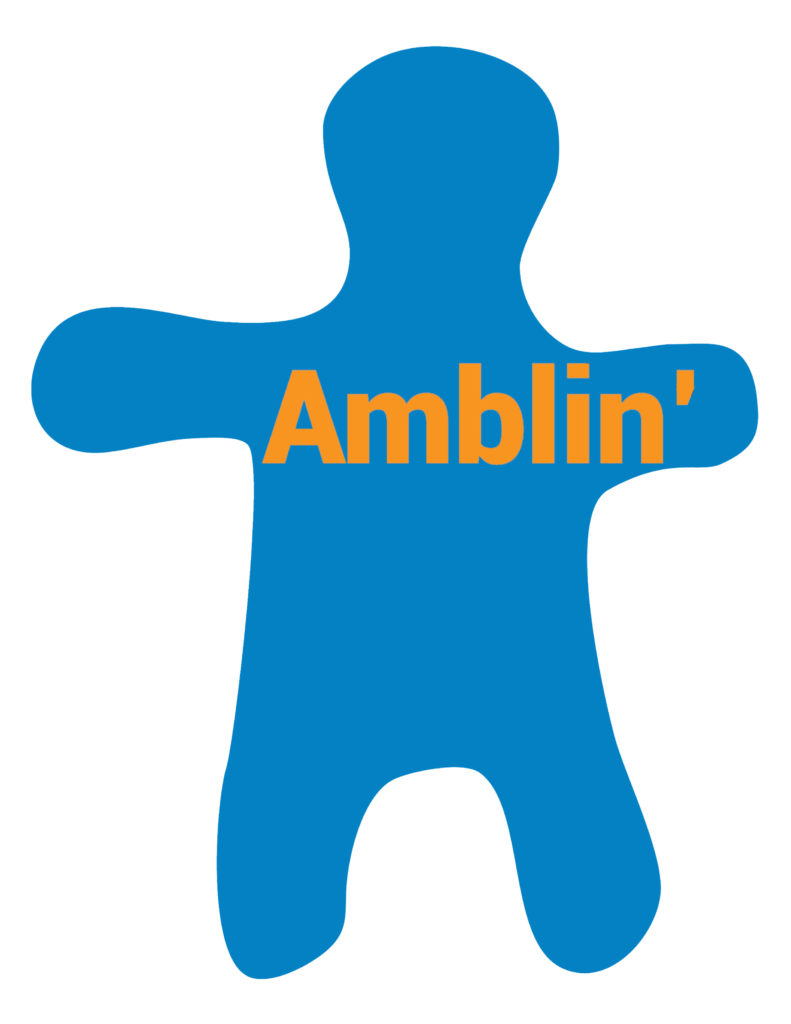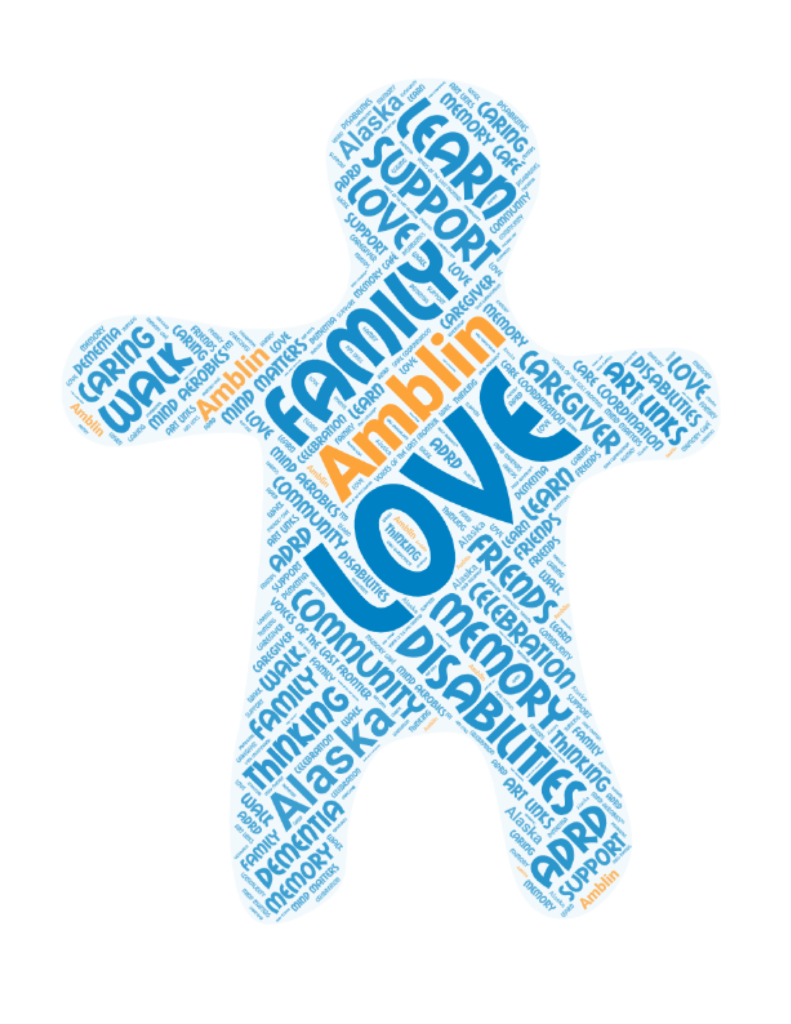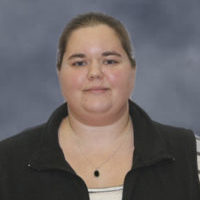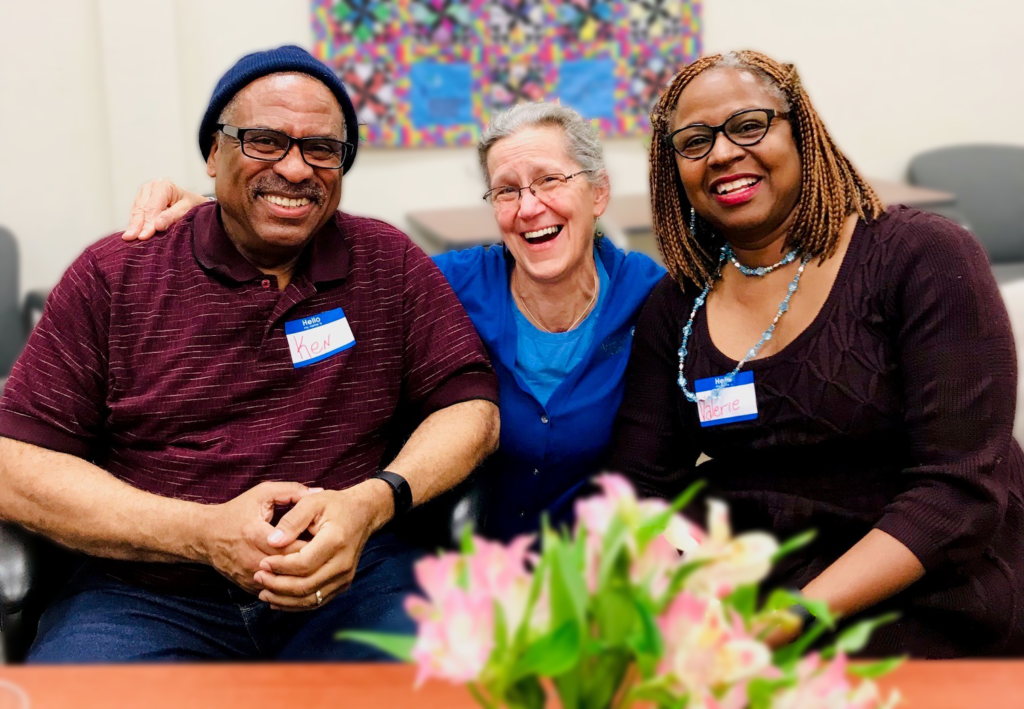
My name is Valerie, I am a full-time Care Partner for my husband Ken. He was showing signs of having cognitive issues and I didn’t know how to address the subject because when you live with and love someone that is an intellectual, your BFF and Forever Mate, how do you tell them that you think something is not normal with them?
I must confess I fell in LOVE with his looks, deep voice (Barry White/James Earl Jones tone) and intelligence. During our dating phase, we went to libraries, plays, read books then discussed them.
Our conversations were changing, that’s when I knew that something wasn’t right. Once again, how do you approach a very accomplished, independent individual with concerns that you believe that they may be experiencing cognitive changes?
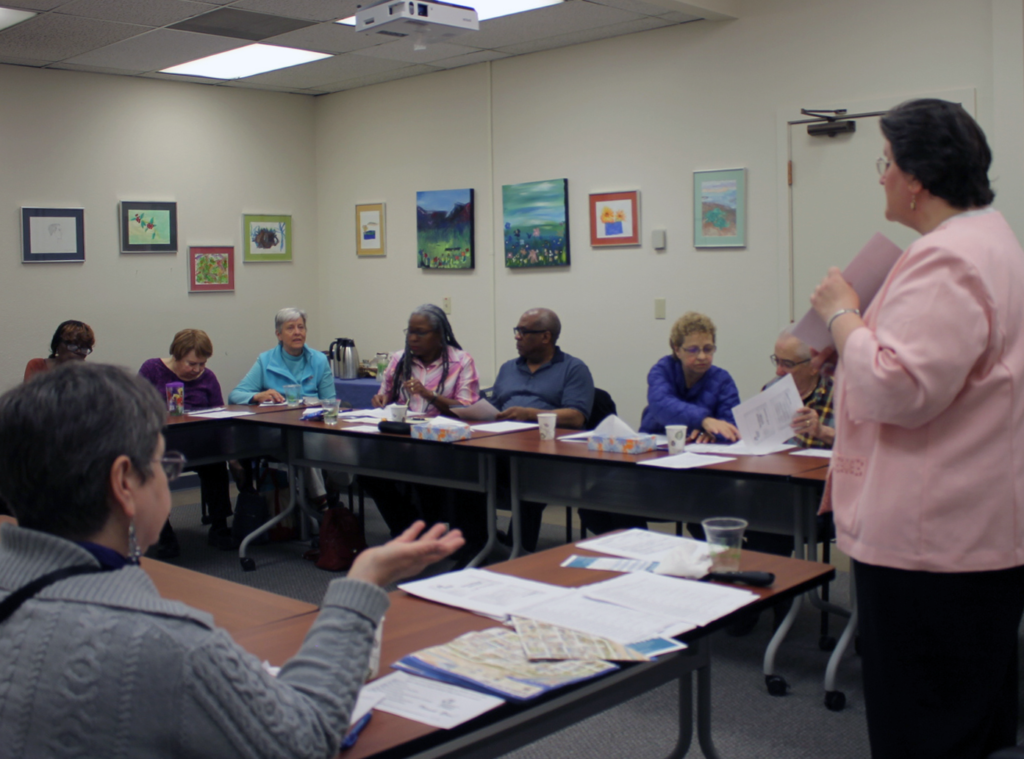
The transition of his younger brother helped open the door to communication and getting Ken to go to the doctor. Before his brother’s death, Ken and I went to visit his siblings. They saw the changes in Ken. The same changes I was experiencing. However, they did not share these concerns with me until his brother’s death SIX months later. When they shared their concerns, that gave the avenue to allow Ken and I to talk about going to see his primary Doctor.
After going to the doctor, and being given a glimpse of what may be a possibility (Ken having cognitive issues), I needed to be prepared so I wouldn’t be overwhelmed with a diagnosis. I needed as much information as one person could get. I must give all the credit to Ken for researching medical issues. Earlier in our marriage, I was usually in and out of the hospital with one thing or another and Ken would research my illnesses and be prepared when we went to the doctors.
I was referred to Alzheimer’s Resource of Alaska from the VA. I had to go to an Anger Management Group because I got very angry with Ken. I didn’t understand that the behavior he was presenting was his new normal and not malicious toward me.
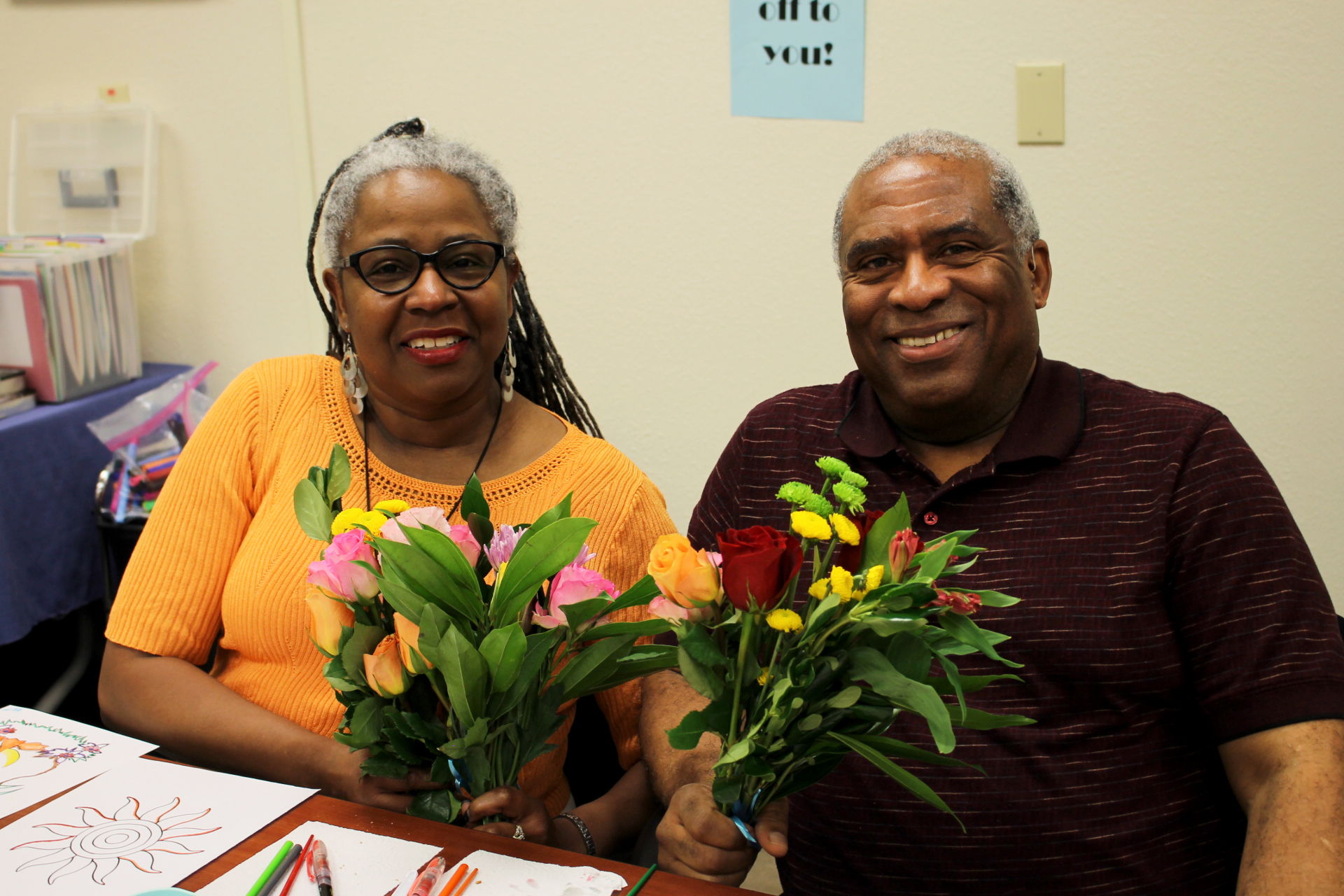
Alzheimer’s Resource of Alaska has been very helpful. Ken and I attended the ‘ABC’s of Caregiving’ (now Caregiving 101) classes on Mondays. These classes informed Ken and me on the many issues dealing with and about Dementia/Alzheimer’s disease. We attended ‘Art Links’ on Fridays. This is a time when Ken and I could sit and paint and talk and laugh with everyone. I attended the Savvy Caregiver Class last year – it’s a 6-week course that allows Care Partners a chance to share experiences and learn about Dementia/Alzheimer’s disease. During the ABC’s and Savvy Caregiver Classes, I learned about the Mini-Grant.
The Mini-Grant is funds that are allotted to individuals with Dementia/Alzheimer’s disease. Ken and I have utilized these funds to assist with his quality of life by having him interact with others outside the home. The first Grant we received was for membership with the Anchorage Senior Center which allowed Ken and I to go to fitness classes, play pool, eat lunch and attend Memory Café just to name a few. Another Grant was for a Tablet to allow Ken to play games, watch Boxing on YouTube and now PureFlix (a positive-based movie programming app).
We are so appreciative of Valerie sharing her experience of being a care partner for her husband Ken, who is living with Alzheimer’s disease. Thank you for sharing your struggles and the difference made by the education and supports from your doctor, the VA and community programs made. Sincerest thanks to Valerie and Ken.
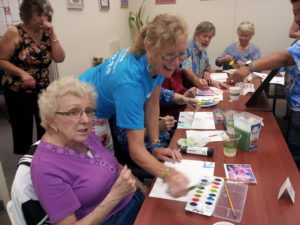


 Make a Payment
Make a Payment
